Writing Engaging Content for Your Therapy Website:
Advice on Creating Informative, Reassuring, and Reflective Content
A therapist’s website is more than just an online presence; it’s a platform to connect with potential clients, provide valuable information, and convey the therapist’s approach and specialties. Engaging content plays a crucial role in achieving these goals, as it informs visitors, reassures them of your expertise, and reflects the unique aspects of your practice. Here are key strategies and considerations for writing compelling content for your therapy website:
1. Understand Your Audience
Before writing any content, it’s essential to understand your target audience—those who are likely seeking therapy services. Consider their demographics, concerns, and motivations for seeking therapy. Tailor your content to address their needs and provide answers to common questions they may have about therapy, such as what to expect in a session or how therapy can help with specific issues.
2. Clearly Define Your Approach and Specialties
Clearly articulate your therapeutic approach and specialties on your website. Make it authentic. Describe the techniques or modalities you use (e.g., cognitive-behavioral therapy, mindfulness-based therapy) and how they benefit clients. Highlight any specialized training or certifications you possess that differentiate your practice. This helps potential clients understand your expertise and why they should choose you as their therapist.
Need help with your website?
3. Provide Educational Resources
Educational content not only informs visitors but also positions you as a trusted authority in your field. Write blog posts or articles that delve into common mental health issues, therapeutic techniques, self-care tips, and strategies for managing specific symptoms. Offer practical advice that demonstrates your understanding of clients’ challenges and empowers them to take proactive steps towards mental well-being.
4. Use a Compassionate and Empathetic Tone
Your tone of voice in written content should be warm, compassionate, and empathetic. Use language that is reassuring and non-judgmental, making visitors feel understood and valued. Avoid clinical jargon that may alienate those unfamiliar with therapy terms. Aim for clarity and simplicity while maintaining professionalism.
5. Incorporate Client Success Stories and Testimonials
Share real-life stories of clients who have benefited from your therapy services. Testimonials and success stories provide social proof of your effectiveness and build trust with potential clients. With permission, include quotes or case studies that illustrate the positive outcomes clients have experienced through your therapeutic approach.
6. Address Common Concerns and FAQs
Anticipate and address common concerns or questions that potential clients may have about therapy. Create a dedicated FAQ section on your website that covers topics such as confidentiality, fees and insurance, duration of sessions, and what happens during a first appointment. Providing clear, transparent information helps alleviate anxieties and fosters trust.
7. Optimize for SEO
To attract organic traffic to your website, optimize your content for search engines (SEO). Conduct keyword research to identify relevant terms and phrases that potential clients may use when searching for therapy services. Incorporate these keywords naturally into your content, including in page titles, headings, and meta descriptions. Regularly update your content to keep it fresh and relevant, which can improve your search engine rankings over time.
8. Encourage Engagement and Interaction
Invite visitors to engage with your content and take action, such as scheduling an appointment or contacting you for more information. Include clear calls-to-action (CTAs) throughout your website, using actionable language that prompts visitors to connect with you. Encouraging interaction fosters meaningful connections and increases the likelihood of converting visitors into clients.
Wrapping Up
Writing engaging content for your therapy website involves creating informative, reassuring, and reflective material that resonates with your target audience. By clearly defining your approach, providing valuable educational resources, using a compassionate tone, and incorporating client testimonials, you can establish credibility, build trust, and effectively communicate the unique benefits of your therapy services. A well-crafted website not only attracts potential clients but also serves as a valuable resource that supports their journey towards mental health and well-being.
If you need help crafting your website, contact us today. We also offer audits for your website, social media, and psychology profiles like Psychology Today and Therapy Den.



